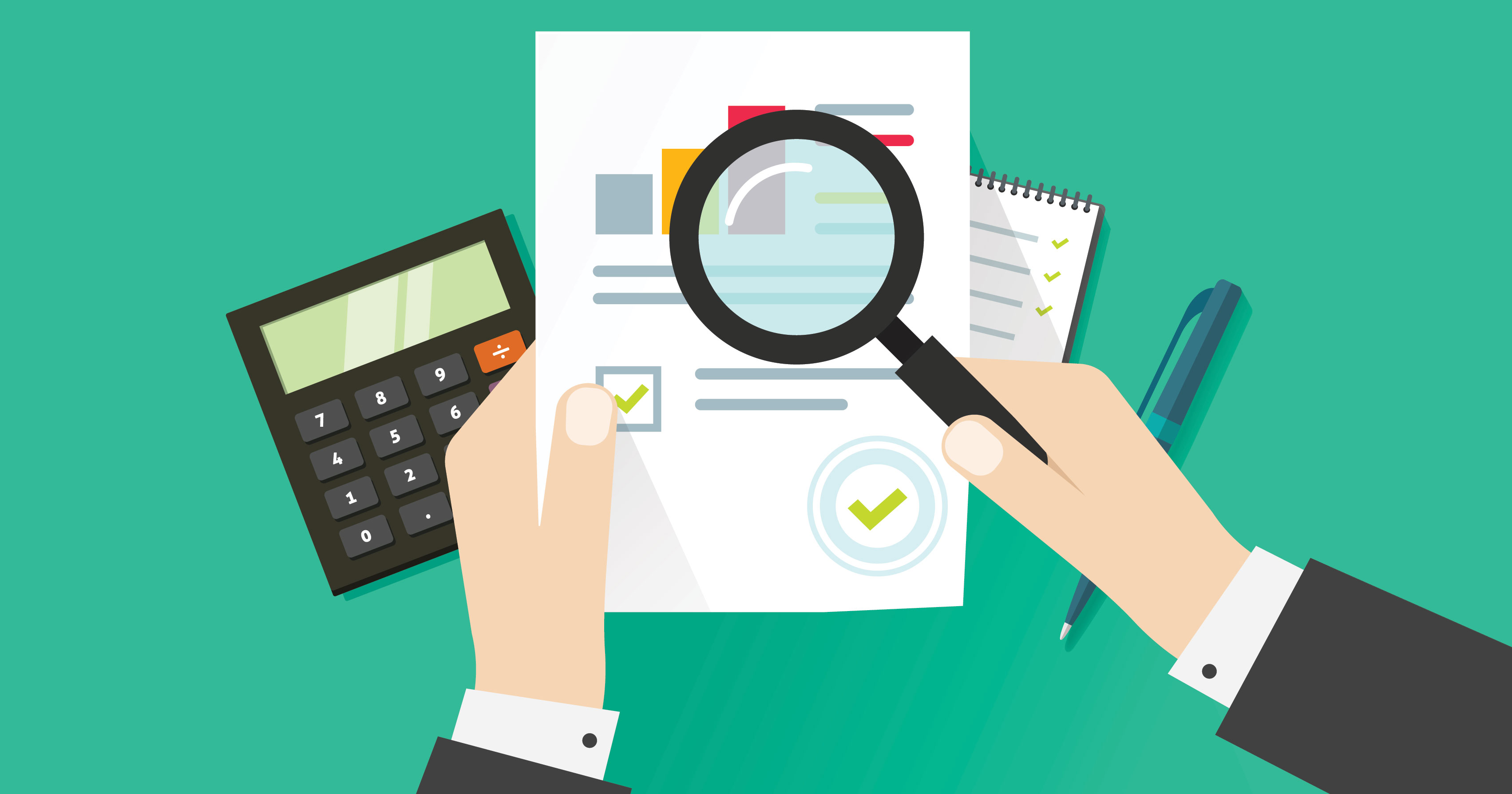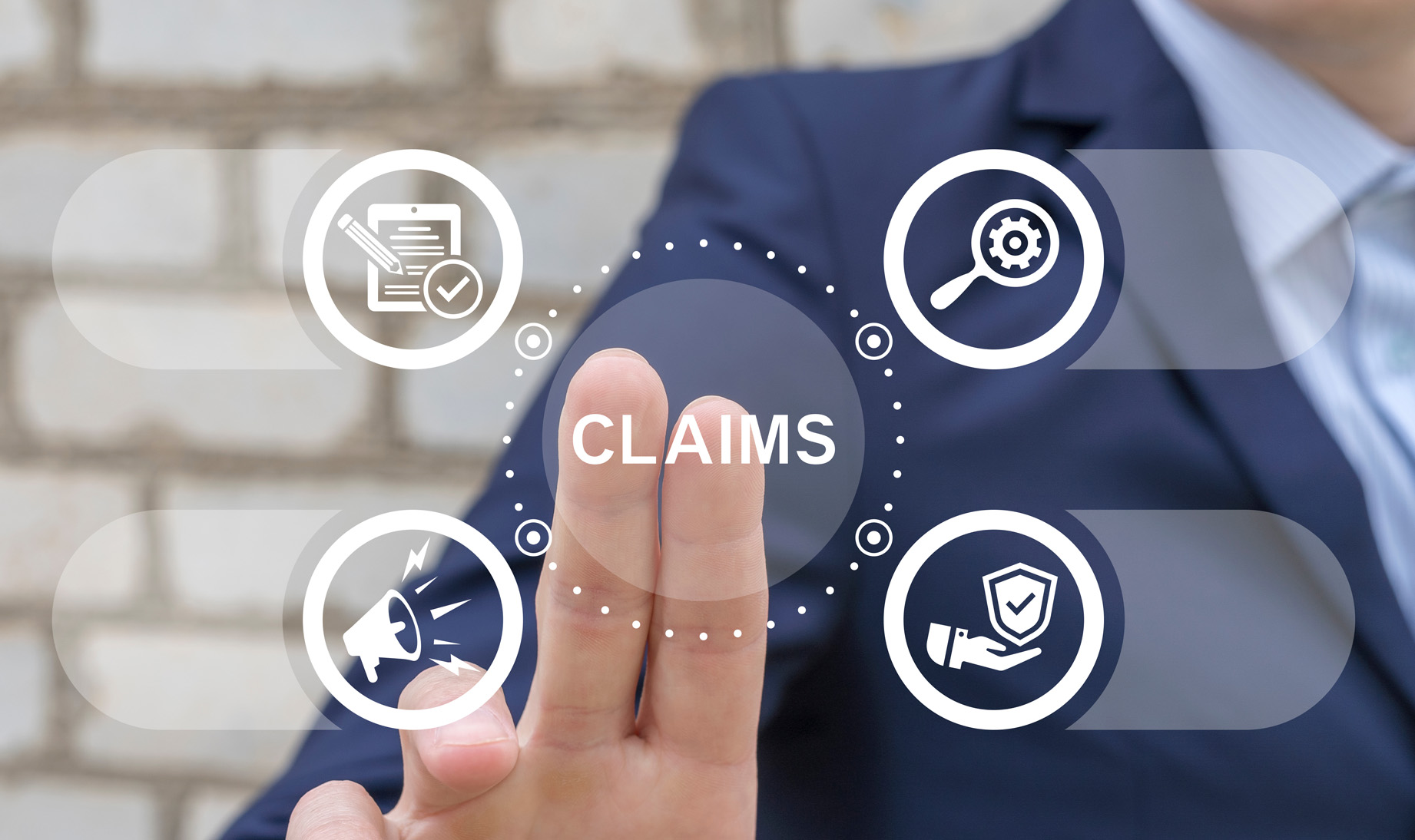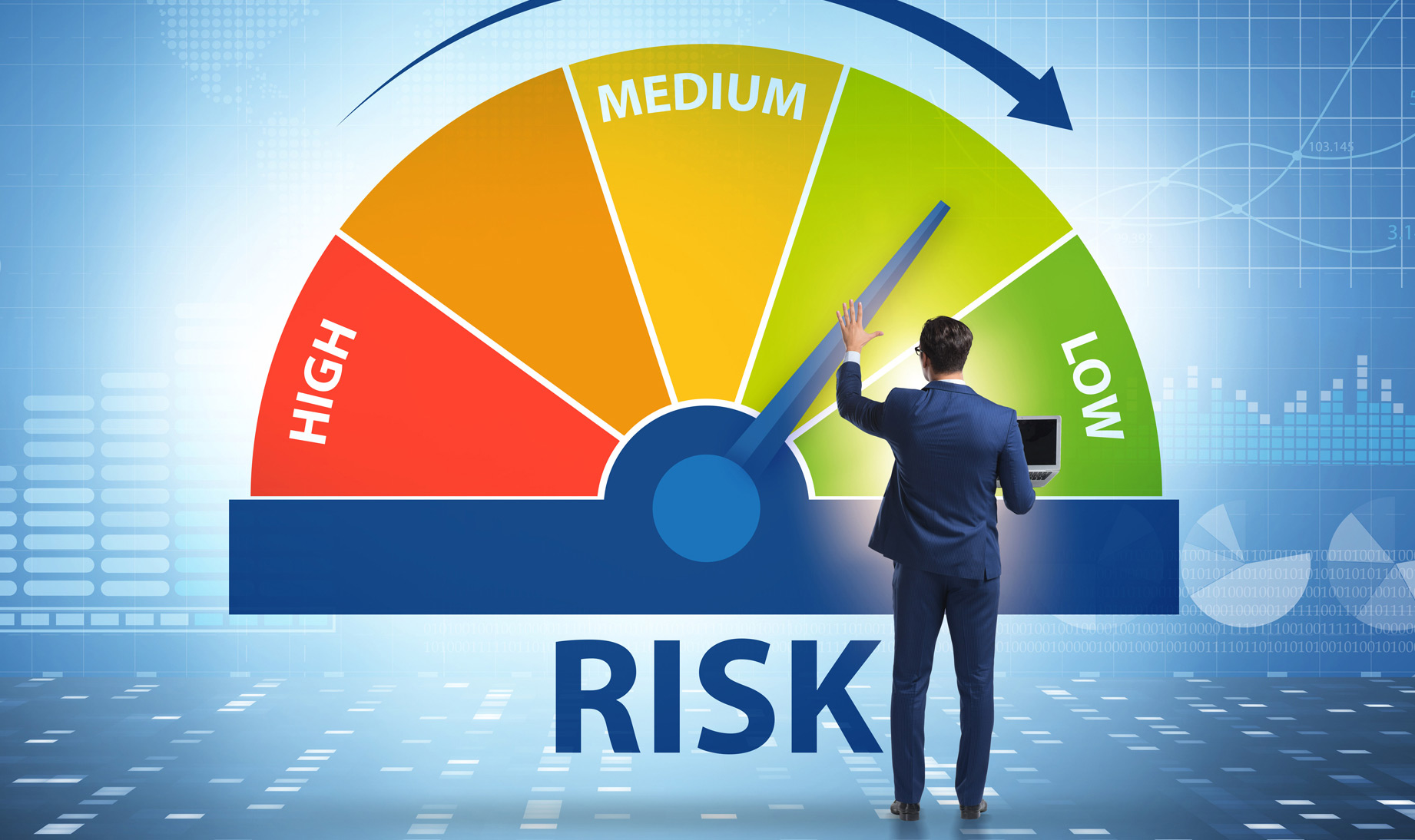Most CPAs who have been in business for ten or more years will have faced at least one professional lawsuit. While you may not be able to prevent legal claims altogether, your accounting firm should take measures to limit the risks and costs associated with professional liability.
10 Strategies To Reduce Professional Liability Costs for Accounting Firms
Get Rid of Troublemakers
It’s easy to spot clients who are likely to sue. These uncooperative clients argue over fees and ask you to take unnecessary risks. To protect yourself and your firm, it’s best to sever ties with problem clients. They take up your time and cut into your bottom line. At first, it may feel uncomfortable to let a client go, but it is sometimes the best business decision.
Train Leaders Well
Accountants and client managers at a firm need to be properly trained. Unfortunately, turnover often leads to staff members being promoted to leadership roles before they have sufficient training. This increases the likelihood of omissions and other mistakes that could lead to a lawsuit. Invest your time, energy, and resources on training those who are or will be in key leadership positions.
Engage Clients Individually
When engaging clients, tailor the engagement to their unique needs and risk profile. This means that every client may receive a different set of procedures based on the professional judgment of the engagement manager and the lead accountants. You must use good judgment to identify and meet a client’s individual needs. By using a cookie-cutter approach, you increase the likelihood of overlooking something important, which leaves you vulnerable to legal action.
Become a Skeptic
Train your team to be skeptical. This can be difficult when you become familiar and friendly with clients, but it is vital that your team is able to view each audit with a healthy dose of skepticism.
Avoid a “Standard” Approach for Audits
If you are viewing audits with a checklist in hand, eager to check off the boxes and move forward, you may need to rethink your approach. Doing so can cause you to ignore the facts and circumstances of the particular case you are dealing with. Failure to recognize the specific circumstances unique to each client increases the risk of errors, omissions, and undiscovered fraud.
Never Allow Engagement Managers to Delegate Quality Control
The engagement manager needs to be responsible for quality control, no matter how well trained their staff may be. Keeping the engagement manager involved in the process through a review or audit improves accountability and adds a measure of checks and balances to the process.
Require Engagement Managers to Deliver and Discuss Engagement Letters
Engagement managers must be the ones to deliver engagement letters. For these letters (which are really contracts) to be enforceable, both parties must understand and agree to them. If the engagement manager carefully discusses the letter with the client, the client is less likely to file a lawsuit due to a lack of understanding.
Restrict Reports in High-Risk Cases
If you feel that a particular case is high-risk, or the accountant gets the sense that unauthorized persons are using financial statements, consider restricting the use of reports. The fewer people who provide reports in these situations, the less professional liability you will face.
Offer Low Assurance Levels for Supplementary Information
Are you assuring your clients that supplementary information is accurate? Whenever possible, limit your risk by not claiming assurance on supplementary information when you have to compile it for audits.
Integrate Quality Control into Engagement Letters and Documents
Engagement letters, along with other documents that your client will sign, need to outline your quality control policies. This adds a measure of protection in the event of a lawsuit, and it also helps you prove compliance with professional standards if you face a peer review.
Why CPAs Need Professional Liability Insurance
Unfortunately, even with all of these strategies, your accounting firm is still at risk. That is why professional liability insurance is an essential part of the modern accounting world. Unfortunately, many CPAs feel they do not have enough risk to warrant a policy, citing misinformed reasons such as:
- Doing only tax work does not indicate sufficient risk
- Clients won’t sue if you maintain a good relationship
- Clients won’t sue if you don’t have insurance
- If you follow the rules, you don’t need insurance
All of these are false assumptions. Even when you do done nothing wrong, a client might sue, and you will lose time and money trying to prove your innocence.
Your accounting firm faces risks every single day. While you can, and should, take measures to reduce your professional liability risk, you also need professional liability insurance. Without it, you are simply putting too much on the line every time you offer your services to a client.







